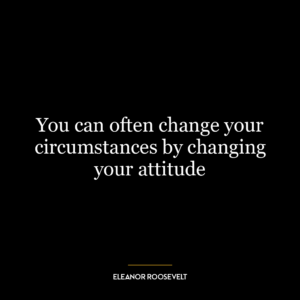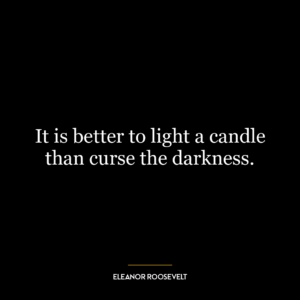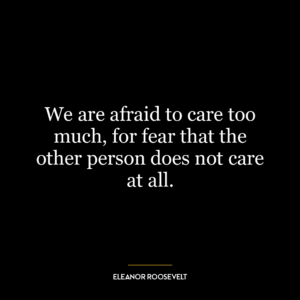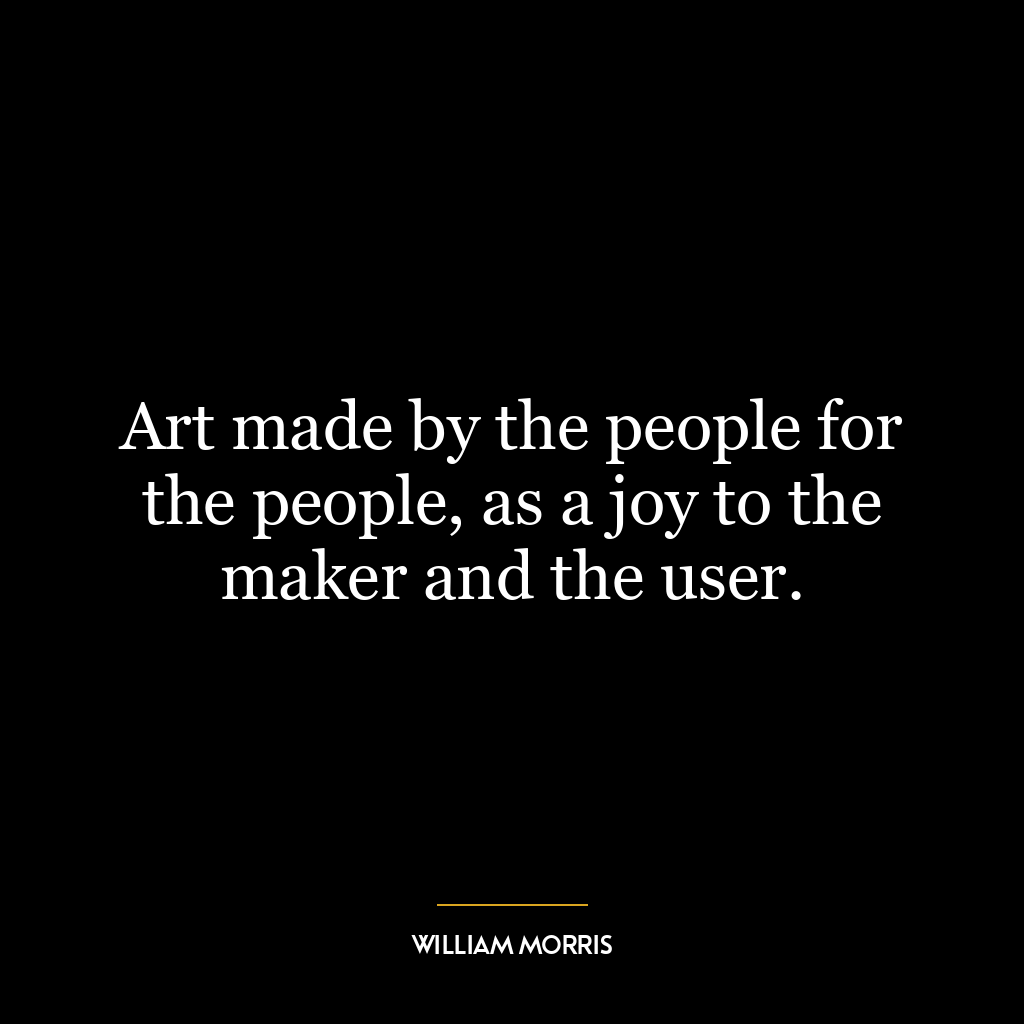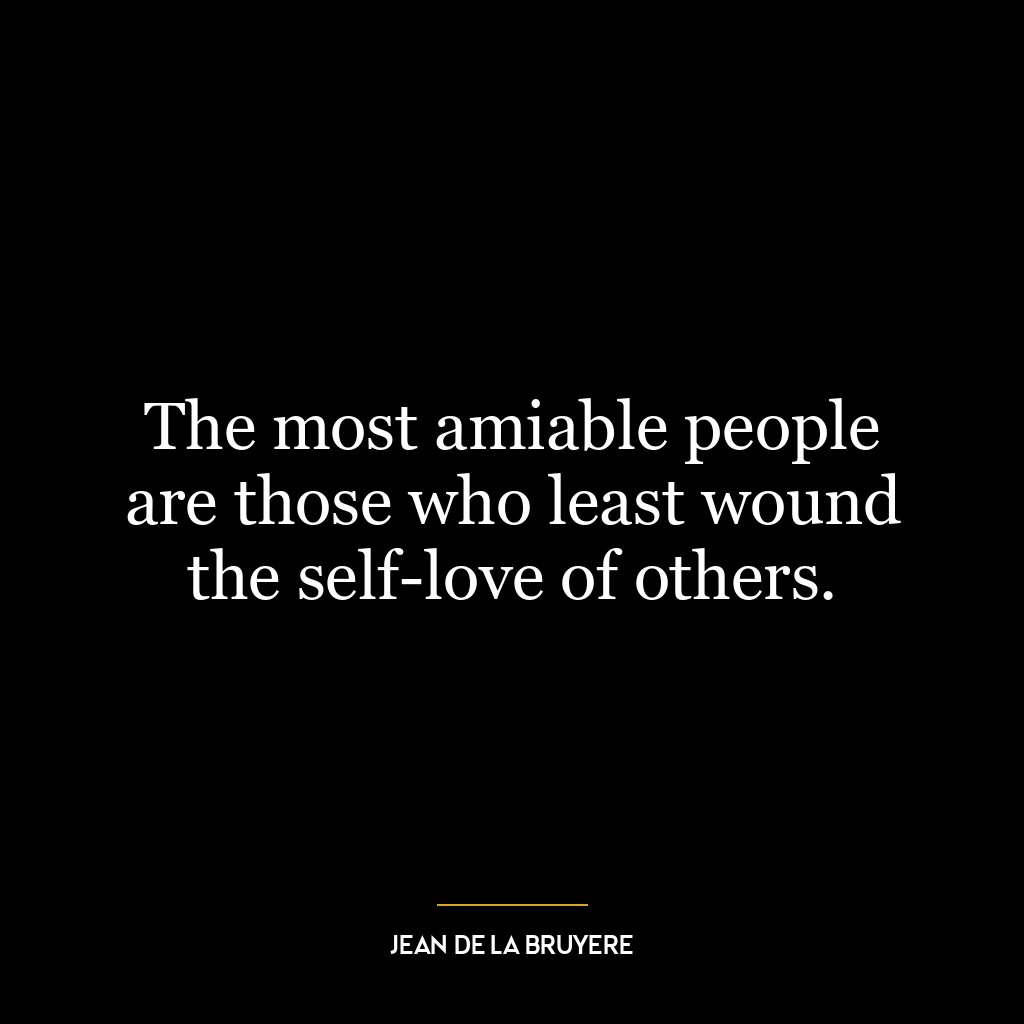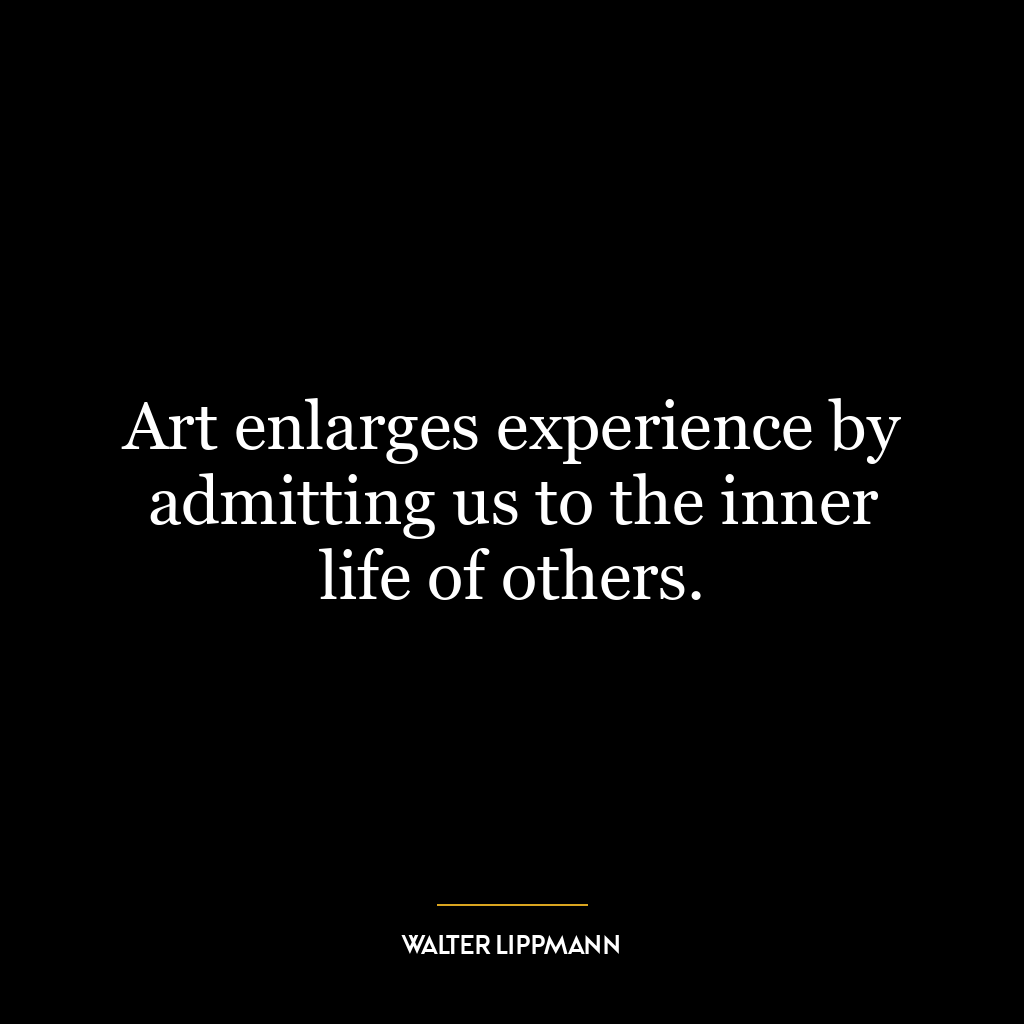We must want for others, not ourselves alone.
This quote emphasizes the importance of empathy, altruism, and selflessness in our interactions with others. It suggests that our desires and ambitions should not only revolve around our personal gains but also the welfare of others. This idea is rooted in the belief that our humanity is measured by how much we are willing to contribute to the betterment of others and not just ourselves.
In a deeper sense, the quote also alludes to the interconnectedness of all people. It implies that our actions have far-reaching impacts beyond our personal lives. Therefore, our desires should be oriented towards the collective good, as this will ultimately lead to a more harmonious and equitable society.
In the context of today’s world, this quote is particularly relevant. In an era characterized by rampant individualism and self-centeredness, there’s a pressing need for us to shift our focus towards communal progress and shared prosperity. This could be applied in various areas such as environmental conservation, where we must want a sustainable planet not just for ourselves but for future generations. Similarly, in the fight against global issues like poverty and inequality, we must desire progress and change not just for our personal benefit but for the welfare of others.
In terms of personal development, this quote could serve as a guiding principle for developing empathy and compassion. By wanting for others, we learn to step out of our comfort zones and understand different perspectives. This not only enriches our personal experiences but also fosters personal growth and emotional intelligence. Furthermore, by focusing on others’ needs, we can find a sense of purpose and fulfillment that goes beyond mere personal achievements.




